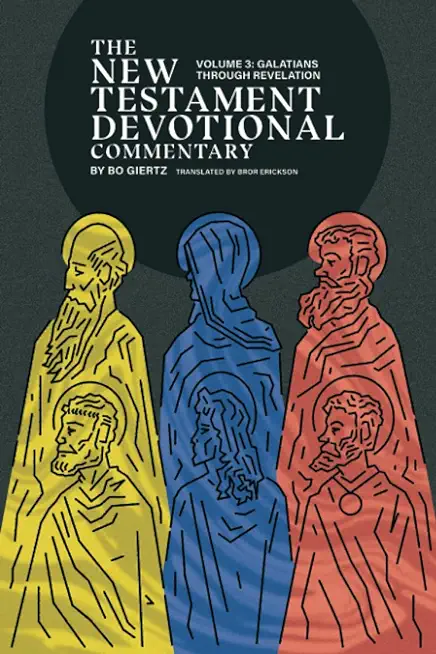
Harms, Gregory
Americans are told that they are divided and polarized, but is it true? No Politics, No Religion? put this proposition to the test - with surprising results.
No politics, no religion is a common saying that discussions of politics and religion should be avoided at the dinner table or social gatherings due to their tendency to divide people. But in No Politics, No Religion? Gregory Harms argues that this is absolutely wrong. These are precisely the topics we should be discussing... and the topics which most clearly point to the deep level of agreement in American society that is often overlooked in favor of surface-level polarization.
In clear and accessible terms, Harms lays out evidence from philosophy, science, history, and contemporary polling data, that debate of politics and religion can lead to greater agreement and more civil discourse. In the history of philosophy, there was a change in the Enlightenment away from the ancient thesis that humans are prone to sin towards a more optimistic understanding of human nature. And as Harms demonstrates, this same pattern is repeated in twentieth and twenty-first century primatology, evolutionary biology, neuroscience, and psychology. Current research is throwing out the older view human nature is a thin civilized veneer wrapped over a dark primal core, in favor of a picture very much like that of the Enlightenment philosophers, where sympathy, pity, cooperation, and the desire to be loved are central to our being.
Importantly, this story has direct consequences for American politics. Americans are bombarded with the message that they are divided. But it turns out Americans are in far greater agreement than they are told. When we follow the insightful account that Harms provides in No Politics, No Religion?, we see overwhelming agreement. America is not divided. And talking about politics and religion can help bring that into focus.
member goods
listens & views

CELLO CONCERTO / APOCALYPSE / ...
by MENOTTI / WALLFISCH / HICKOX / ORCH SPOLETO FESTIV
COMPACT DISC$20.75






